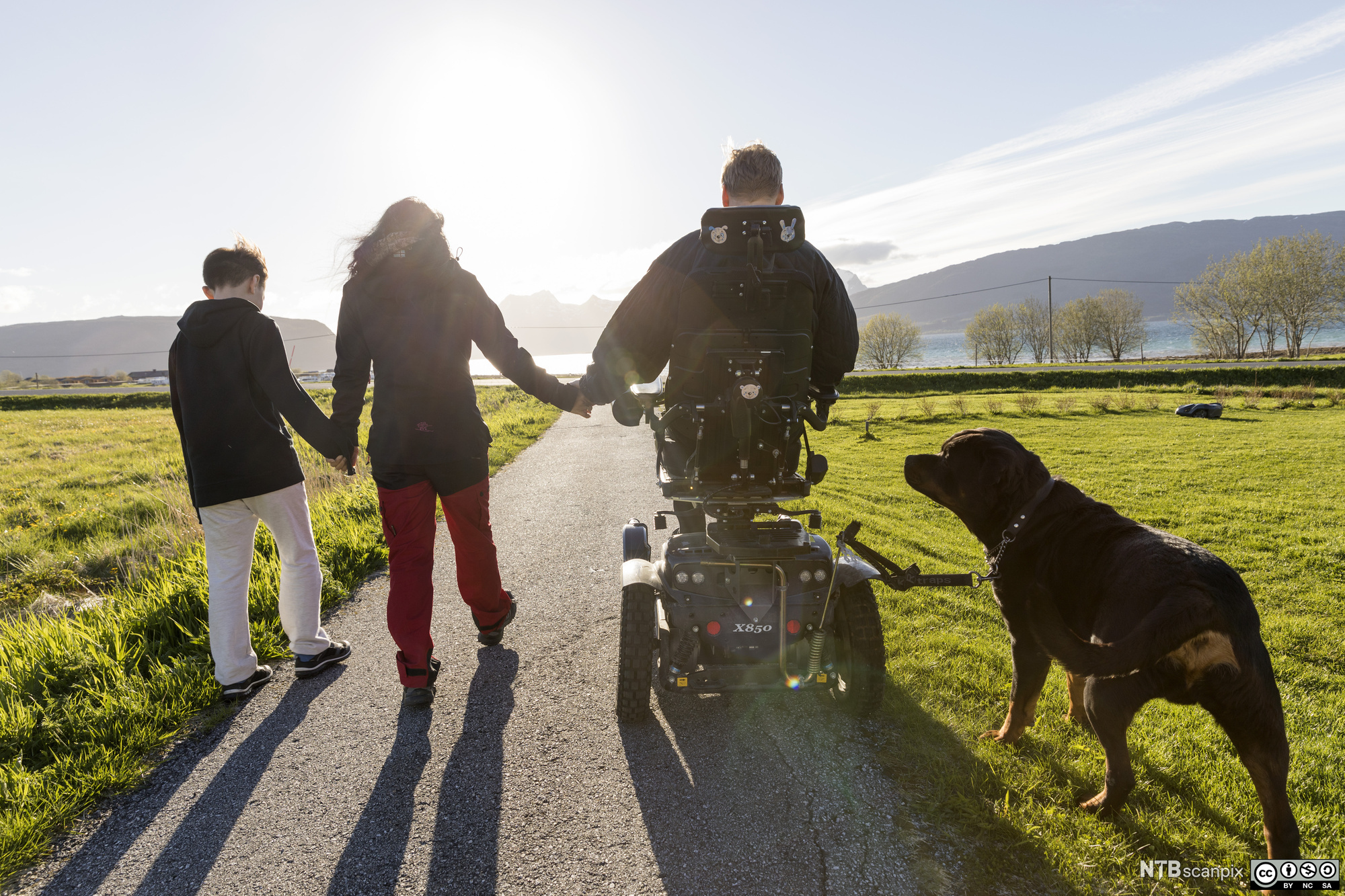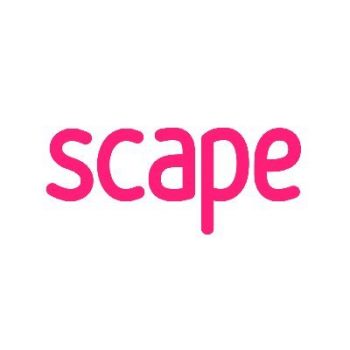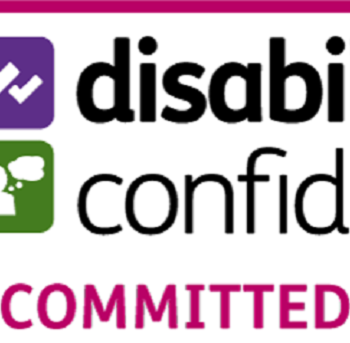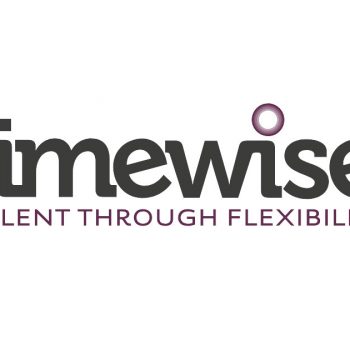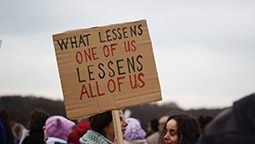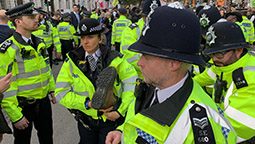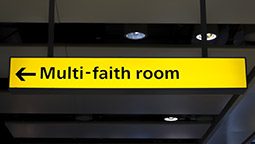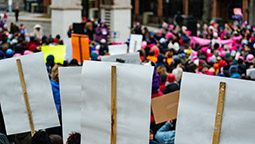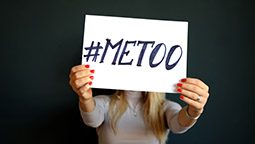Despite a pledge to get one million more disabled people into work, the disability employment gap has widened during the pandemic.
Though the Equality Act 2010 and Article 14 of the Human Rights Act enshrine the right to freedom from discrimination for marginalised groups, disabled people face countless barriers to securing and retaining employment. Remote working has proven to be effective during the pandemic and there is some hope that this will give more disabled people access to employment.
“The pandemic has brought to light how effective working from home can be for a lot of businesses,” said Alex Spellman, head of people and culture at Scape, an organisation that provides accommodation and work for students, including disabled people, post-university. “Given this, we have found a lot of opportunities for disabled people opening up as a result. Businesses can provide the same support and equal opportunities for a disabled person that can work from home in an environment built for their needs.”
Even as the pandemic proved the effectiveness of remote and flexible work, disabled people were made redundant at a disproportionate rate, adding to the employment gap. In July-November 2020, 21.1 per thousand disabled employees were made redundant, compared to 13.0 per thousand non-disabled employees, according to the ONS.
Research conducted by leading UK disability charity Leonard Cheshire showed that 7 in 10 disabled people employed in March 2020 had been impacted by loss of income, furlough, unemployment or other damaging effects.
Contributing factors

Photo by Anete Lūsiņa on Unsplash
There are many contributing factors to the enduring disability employment gap, which has sat at around 30% for over a decade, and one of the most insidious is the ingrained prejudice of employers. Leonard Cheshire surveyed 502 employers and 42% admitted they were discouraged from hiring disabled job applicants because of concerns about supporting them during the pandemic. This reticence to hire disabled workers extends beyond the pandemic too.
Jasper Williams, a freelance accessibility and disability educator and benefits coach practitioner, has repeatedly faced inequalities in hiring practices.
“After I graduated with a distinction in my MSc in clinical neuropsychology, I went through a year of consistently applying for NHS and other healthcare jobs, receiving an interview, and upon seeing me in my wheelchair, it never went further,” he said. “Feedback comments would never say this was the reason, of course, but would say things such as ‘needs to gain more experience’, despite having a masters degree in the field and plenty of voluntary and paid experience.”
The unspoken prejudice held by many employers often means that disabled people are perceived as being less productive than their non-disabled counterparts. Research contradicts these presumptions, however, with employers like JPMorgan and Chase finding that autistic workers hired as part of a pilot program were up to 50% more productive than their neurotypical counterparts.
Inclusion schemes for all marginalised groups are now commonplace but their effectiveness is questionable because employers are not addressing their biases first.
“It’s still much harder for disabled candidates to both get interviews and get appointed, as many employers are worried that they will be less productive and less reliable than their nondisabled peers, and that it’ll cost too much to put reasonable adjustments in place,” explained Emma Mendes da Costa, inclusion project lead and disability network chair at Sussex Community NHS Foundation Trust. “Many employers claim to have a guaranteed interview scheme for anyone that shares their disability status on their application and meets the minimum criteria of the vacancy, but the schemes don’t appear to be regulated in any way. My personal experience, backed up by anecdotal evidence from disabled colleagues, is that the schemes are largely ignored by appointing managers.”
Constant Obstacles
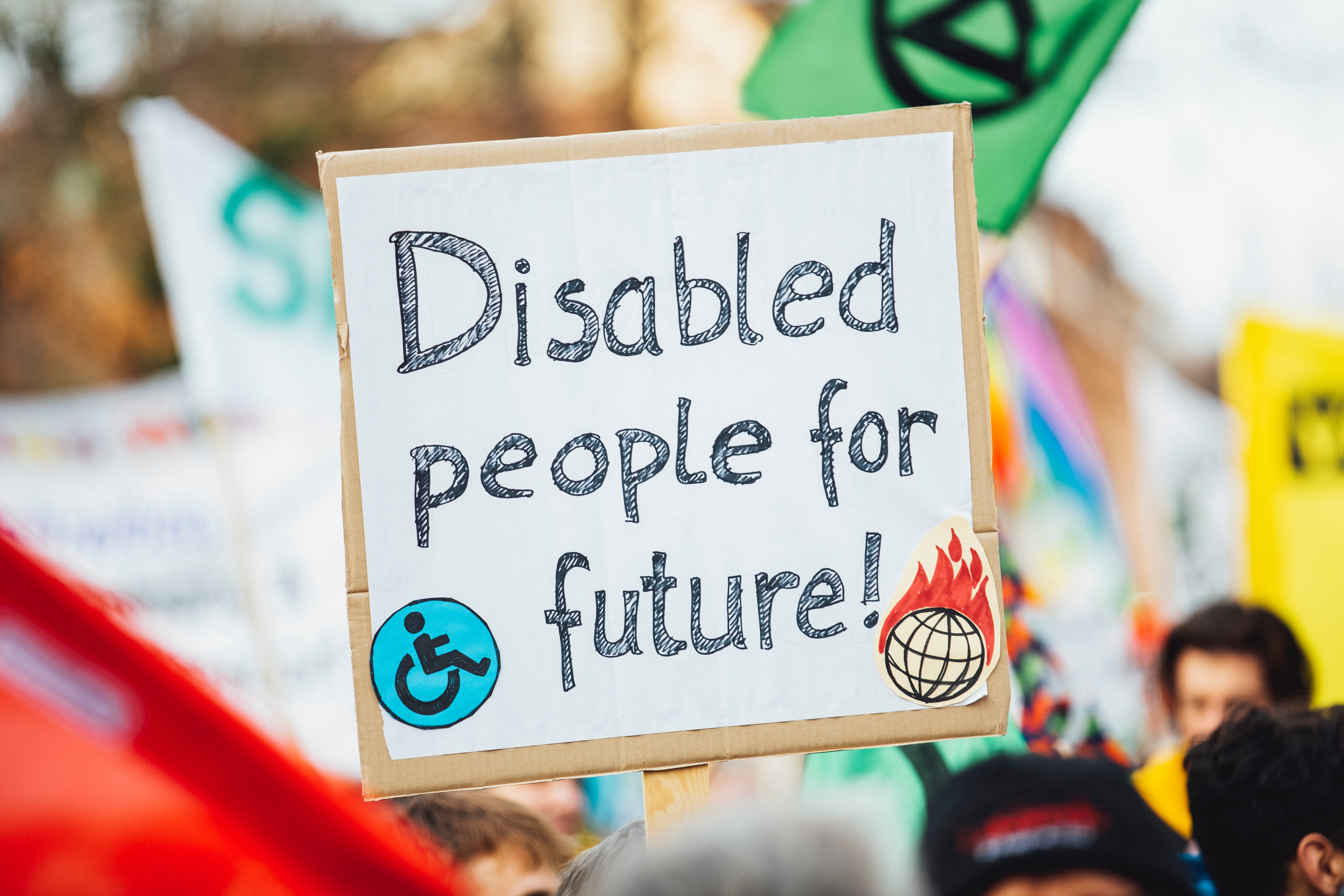
When disabled applicants make it to the interview stage, accessibility remains a major block to gaining employment.
“One time, I had an interview for an autism unit, I turned up and it was up a flight of stairs,” Williams recalled. “There was no lift, and the only option was to go around the entire campus through a staff-only entrance, and use an intercom that I couldn’t hear responses to, because I’m deaf. Even then, I had to be lifted into the actual room.”
Prior to interviewing, inaccessible application processes also deter disabled people from applying. Though the pandemic expanded the possibilities of remote work, research conducted by Timewise showed that only two in ten jobs were advertised with flexible work options. By neglecting to include audio descriptions, image descriptions or easily accessible text, job applications exclude disabled applicants from the beginning of the hiring process.
Work schemes to assist disabled people do exist but they are not always well advertised or formulated. For example, Access To Work, which substitutes travel costs for disabled people, has been criticised for requiring disabled people to pay upfront for their transport before being reimbursed later, making it unusable for some because of high costs.
Disability Confident supports employers to “make the most of the talents disabled people can bring to your workplace” and over 20,000 organisations have joined. But the scheme is voluntary and there are still over one million private sector businesses with employees who are not signed up.
After disabled workers have attained employment, retaining it can turn into an endless battle with employers and human resources.
“There is a lack of wanting to make changes,” said Lydia Wilkins, a freelance journalist, who set up a newsletter aimed at disabled journalists. “I can count on one hand the amount of people who have listened, understood, and made adaptations.”
Employers may have a legal duty to apply “reasonable adjustments” for disabled employees, but these battles are often fought alone and the thankless fight drives some disabled people out of work.
What is being done?
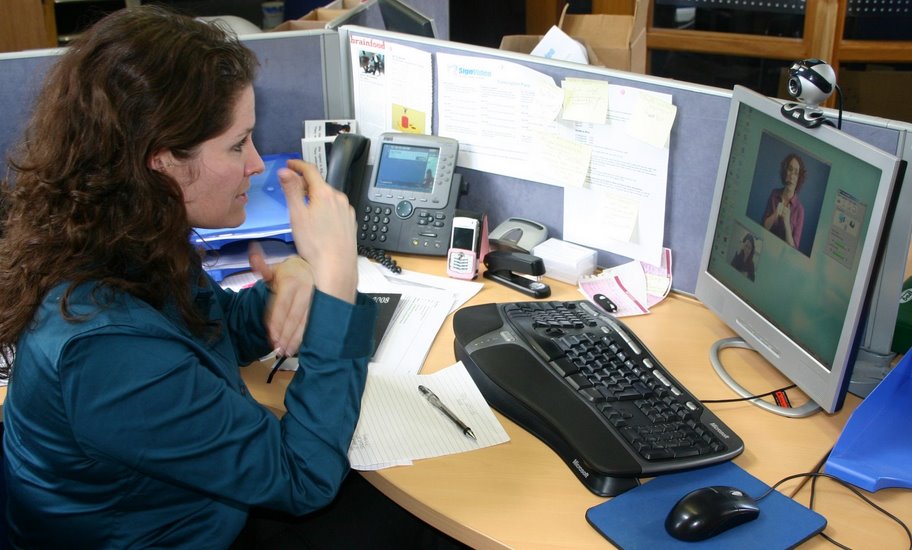
Deaf or Hard of Hearing Person at Their Workplace Using a Video Relay Service To Communicate With a Hearing Person Via a Video Interpreter and Sign Language
To counteract ableism in hiring processes, some disabled people are upfront about their conditions to exclude prejudiced employers, even when it limits interview opportunities.
“I choose to be upfront about my hearing loss, and put that I’m deaf in the very first line of my CV,” said Mendes da Costa. “I get fewer interview invites as a result, but at least I know that the interviews I get are with inclusive employers. There’s nothing worse than seeing faces fall across an interview panel when you mention you’re disabled, and you realise that they just see you as a problem.”
As it gives disabled people more flexibility and control over necessary accommodations, many of disabled people are choosing self-employment over contracted work. Presently, 14% of all disabled people in work are self-employed – equal to 611,00 people – and the number of disabled self employed people has increased by 30% in the last five years.
The disability employment gap’s endurance is a clear infringement upon disabled people’s right to freedom from discrimination, yet prejudices against their ability to work effectively and reluctance to accommodate their needs is holding the gap in place. But, with more disabled people taking employment into their own hands, there is hope that the inequalities of employment can be rectified over time.

